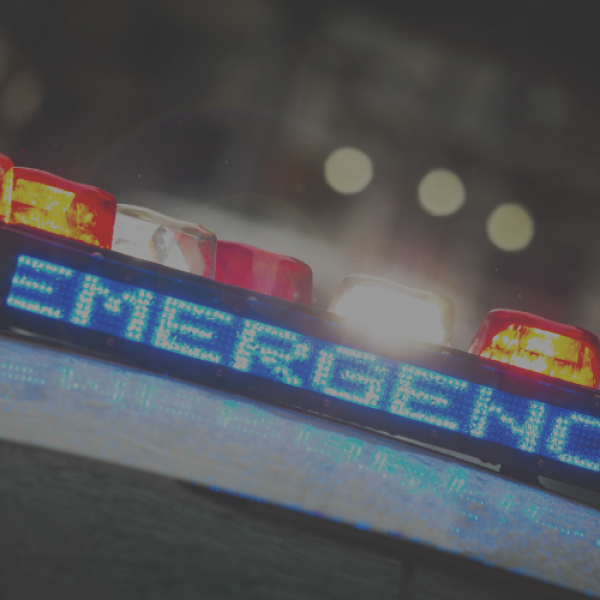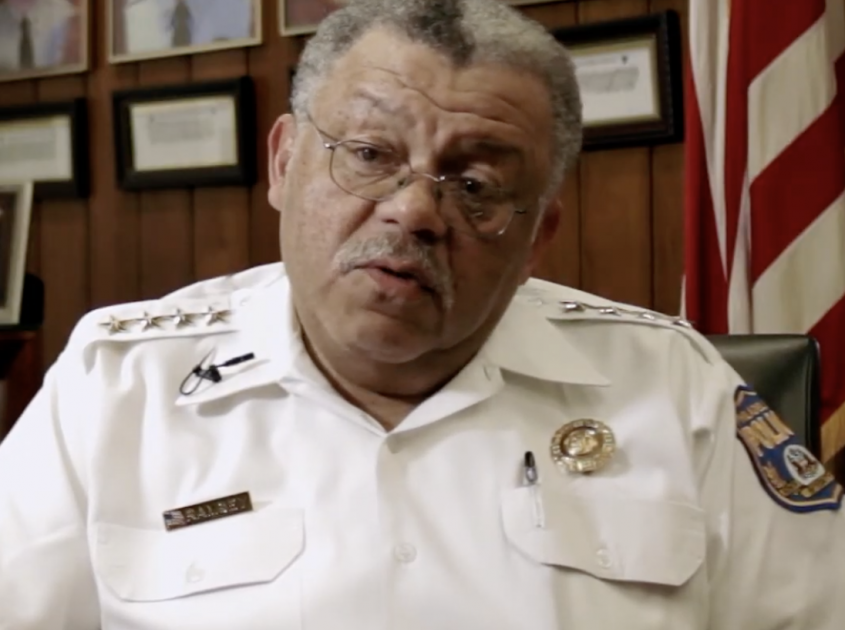Secondary Traumatic Stress is a real occupational hazard for those professions that are dedicated to public safety.
As the first to arrive on scene at fire, medical, and law enforcement emergencies, first responders face repeated exposure to traumatic events and victims of trauma. Secondary Traumatic Stress (STS) is a natural consequence of this cumulative stress on those who rescue, assist, and protect others daily in the line of duty. First responders are vulnerable to the toxic effects of STS, which can have a lasting impact on physical and mental well-being, damage personal relationships, and hurt work performance. Workplace structure, awareness, and prevention are key to minimizing the impact of STS and coping in healthy ways.

-
Firefighters
Fighting flames in the hopes of carrying victims to safety, they also must grapple with recovering losses. Images they can’t unsee haunt them when they’re alone.
-
EMS
Medical incidents arise from gun violence, fire, suicides, childhood injuries and substance use disorder. EMS saves lives from overdose, and witnesses the pain that has lead people to overdose.
-
Police
Facing enormous pressure in both the incident and aftermath, officers experience the stress of making split-second decisions that can have life-altering consequences.
While any first responder can experience STS, every first responder - those on the frontlines and those who lead others - can learn to recognize and respond to STS, and even create environments that prevent it. Recognizing, and creating environments that support - such as empathetic leadership - make a difference.
Community helpers that give their all during life’s most distressing moments need help and support, also. There are a variety of resources to support individual first responders and their departments alike. These tools can promote awareness, increase resilience, and connect first responders with the care and assistance they need to limit the impact of STS. By taking care of ourselves, we can better take care of each other.
The Solutions Database is a way to find resources available for workplaces and individuals. This page highlights specific resources for First Responders. To view solutions for multiple work sectors in the full database, browse the Solutions Page here. To return to this filtered page, use your browser's back button.
This database is generated from recommendations by others who care and also experts in the field. To recommend a resource, click the "contact us" icon in the footer.

There are professions other than fire, police, and EMS that also serve a critical role in identifying, assessing, and intervening in times of crisis. Teachers, healthcare providers, social workers, and crisis counselors are just a few of the community members who may act as a first line of defense in their daily roles. Remaining on high alert and absorbing the ongoing stress comes at an emotional cost. Anyone who works as a professional caregiver can be susceptible to STS and the toll it can take. The resources found on this website can be beneficial to any group or individual who identifies as a first responder, whether through promoting self-care and coping skills, or through supportive workplace programming.








